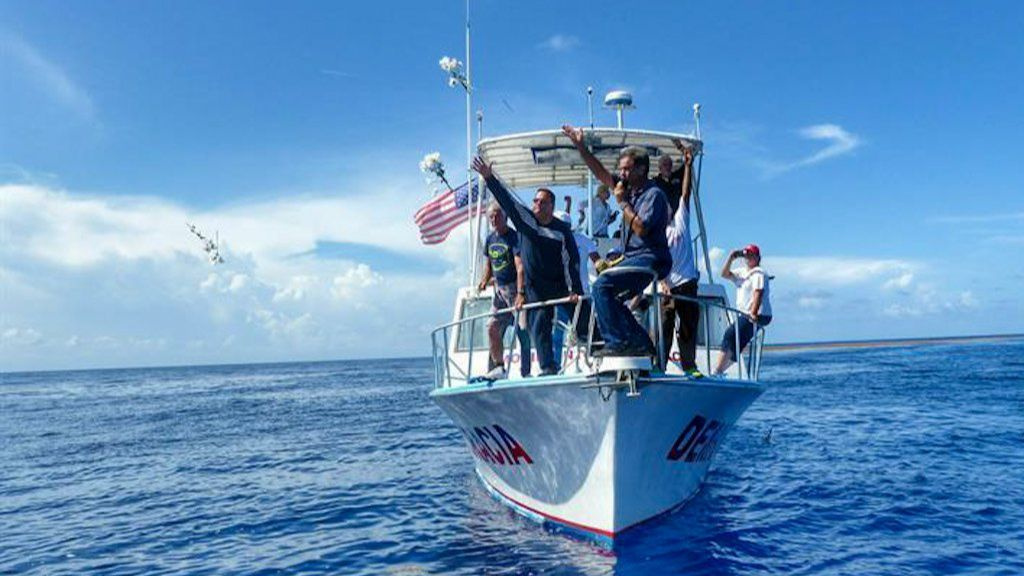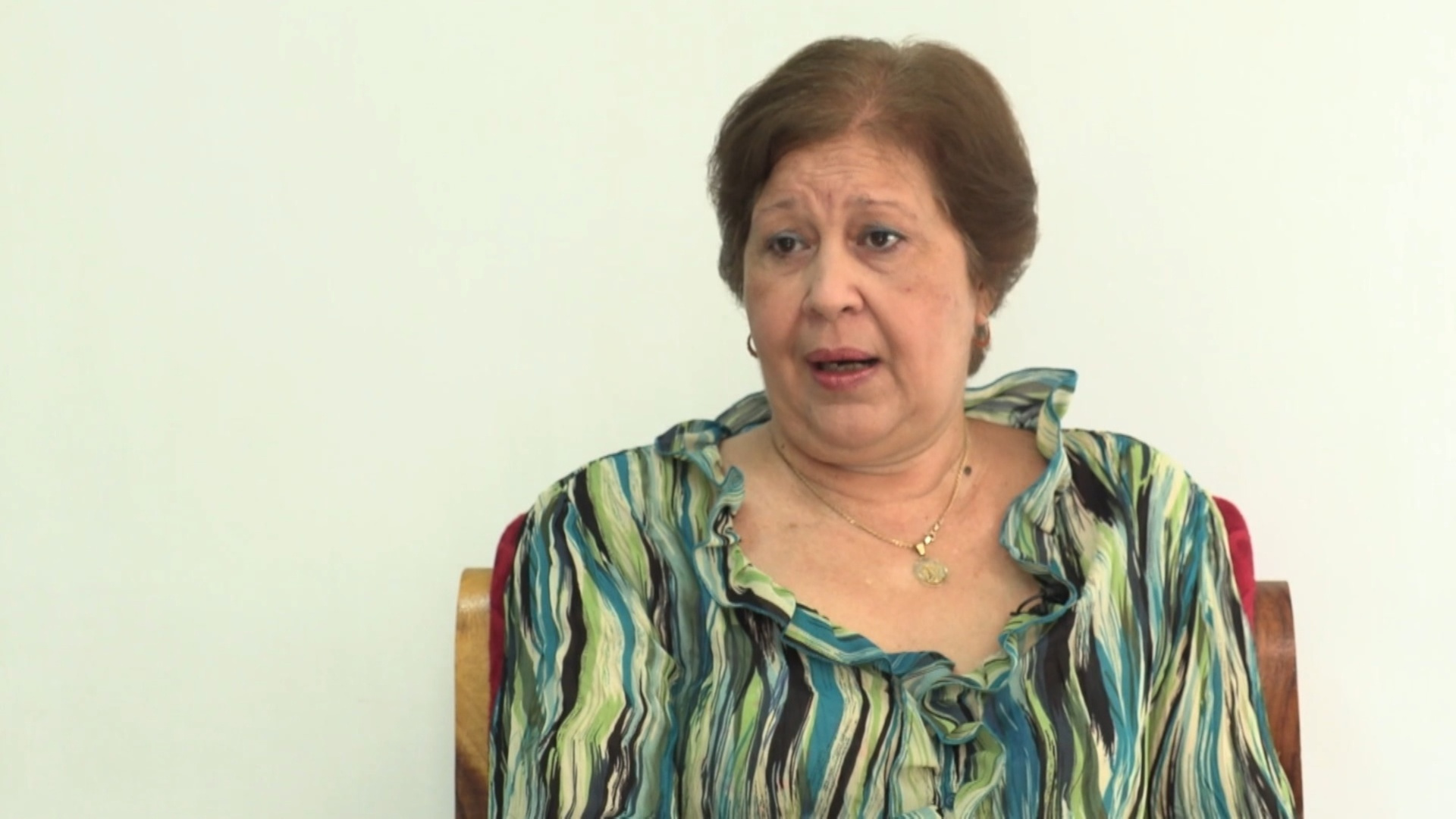HAVANA, Cuba. – During the last several weeks, thousands of Cuban men and women have protested or voiced their indignation on social media for the sharp contrast between the construction of hotels in Cuba and the dilapidated state of hospitals and the dismal state of public health in general.
The construction of tourism facilities, carried out mostly by the military corporate conglomerate known as GAESA (founded in Panama as an off-shore company of the Cuban Armed Forces in the 1980s), has not been stopped even for a minute during a year-and-a-half of crisis aggravated by COVID-19; they have not altered their construction and delivery schedules. However, the irresponsible and inefficient handling of public health contingencies is obvious, compounded by the deplorable state of medical attention in the context of perpetual shortages of medications and food together, and the deterioration of hospital infrastructure and related services.
While the two hotel towers being built on First and Avenue D, in El Vedado (with more than 600 guest rooms, at a cost of US$ 80 million) are almost ready for inauguration, and while the hotel complexes on 25th and Avenue K (also in El Vedado, with several floors already completed) and on Third and 70th Avenue in Miramar (which will headquarter a real estate firm and a shopping center that will replace the present area market), hospitals in the island are literally collapsing and the handful of ambulances that still run are falling to pieces. Not to speak of “medical attention”, which barely exists thanks to the huge personal effort of health personnel and international aid that is received nowadays as a result of individual campaigns and initiative to get donations to Cuba, since the government –controlled by the military- refuses to divert a single penny from hotel investment funds to other matters unrelated to their construction plans.
Against the constant protests by the independent press and on social media about the scandalous inequality, the most active and aggressive advocates of the Cuban regime –those whose government-funded work is not to produce goods but to monitor cyberspace, to fight freedom of expression and to justify that which is unjustifiable- argue that hotel development is not executed with Cuban capital but with funds from foreign investments. This is far from the truth.
Many people, both inside and outside Cuba, subscribe to this erroneous view, out of spite or naïveness, and they repeat the same erroneous information without researching even a minimum of published news, including those published by the Communist Party official press. If they did their research, they would corroborate easily the level of crime being committed in the island today by a handful of military strongmen who are more concerned about the number of tourists that will arrive in Cuba in 2030, than about the number of Cubans who die -and will die- of starvation or COVID-19 now in 2021.
Not too far back in time, in May 2018, the Cuban News Agency published a report by Daysi Malvares Morel, Director of Development of the real-estate company Almest -which belongs to the Armed Forces Business Enterprises Group (GAESA, by its Spanish acronym)- about three hotel projects in Havana that were being built totally with Cuban capital.
She was referring to two buildings being raised at the time in the vicinity of Cuba’s National Aquarium, in lots located east of 70th street between First and Third Avenues. She was also referring to the construction –also with Cuban capital- of “a real estate complex that will extend from 68th Street westward to 70th Street,” around the site where another hotel was to be built, adjacent to Miramar’s Business Center and about 100 meters from the future administrative office –the first of its kind– of an American corporation, namely Sheraton.
In the end, this project did not materialize, due to the turn of events in the Obama thawing of diplomatic relations between the U.S. and the Cuban regime. However, the project still stands, and, according to information that officers of the construction company shared with us, Almest has not withdrawn its plans nor has it reduced the pace of construction, even though no foreign-management proposals have been received as of yet.
“There is money to do them, and they will spend it, but only in hotel-related expenses,” an anonymous source directly linked to the military conglomerate commented. The source also noted: “Almest’s policy, like GAESA’s in general, is not to work with foreign capital. They don’t need it, they’re not interested and it’s also not to their benefit. It works with the French (Bouygues Bâtiment International) because it’s a necessary evil, they need the specialized workforce which doesn’t exist in Cuba, but the hotels belong 100% to Almest, and part of this capital comes from rentals (of hotels) to Gaviota, and not just from that, but from all the other GAESA companies, of which there are many. Everything comes out of, and reverts to, the same bag.”
Also in mid-2018, and in agreement with the statements the directors of Almest made to the official press, in lots reserved by GAESA in the municipalities of Plaza de la Revolución, Playa and Habana Vieja alone, a construction plan for 7,500 new hotel guest rooms was authorized until 2025, all of them financed with Cuban capital.
Among the constructions included in this portfolio, the most salient is undoubtedly the 42-floor tower that will provide 565 guest rooms right across from the Coppelia Ice Cream parlor, the tallest hotel in Havana once it’s inaugurated in late 2022.
At a cost of over US$ 100 million, some people consider it unnecessary, because the rate of hotel occupancy, even before COVID-19 struck, was under 50%. In addition, this project was conceived for the tourism boom associated with the normalization of relations with the United States, which never happened.
Under those plans, from 2016 to the present, the hotel availability in Cuba increased by 15,000 new guest rooms, of which only 8,000 were finished between 2018 and 2020, while Cuba’s MINTUR has informed, through scattered official press releases, that it intends to build an equal number of guest rooms for 2022, even though no one knows as yet how “post-pandemic tourism” will perform.
As reported on the official news outlet Cubadebate between late 2018 and mid 2019, several MINTUR executives, among them the general director of the ministry’s Development, Business and Investments department, José Daniel Alonso, made reference to MINTUR’s “Development 2018-2030” plan, whose objective was “raise the number of hotel rooms by 83,000 units through implementation of 216 new hotel facilities, plus expansion and remodeling of another 77 facilities.” This is an ambitious plan that is not limited to hotels, but includes real estate development related to golf courses, theme parks, nature parks and marinas, to surpass every nation in Latin America.
In total, the plan includes 332 hotel projects to be implemented with 2/3 Cuban capital and 1/3 foreign capital. More than merely “ambitious”, the MINTUR plan’s estimated cost is more than US$ 19 billion, an amount far higher than what is assigned to productive activities, science and technological innovation, or culture and sports in the state’s budget between 2012 and 2018, according to data from Cuba’s Statistical Yearbook for those years.
As majority investors in MINTUR’s plans, Gaviota S.A. and Almest construction and real estate company (sole owner of the facilities it builds) are responsible for 121 projects, at a cost of US$ 13 billion. This raises their participation to more that 70% of all tourism investment projects in the island. Once built, the hotels will provide a lodging capacity for Cuba that is higher than that of its competitors in the area, like the Dominican Republic and Puerto Rico.
In less than 20 years, and coinciding with the replacement of Fidel Castro by his brother Raúl in 2009, the military conglomerate GAESA –which in the 1990s managed barely 10% of the tourism market with less than 4,000 guest rooms- has transformed into the unquestionable leader of the sector, with more than 100,00 guest rooms. Also, it has become the major investor, yielding such financial power that, contrary to MINTUR’s own entities, it boasts about not having to accept participation of foreign capital ever in its construction plans.
According to sources which CubaNet consulted –since there is no published data at present, just that of 2018 and 2019– Almest allegedly assigned at least US$ 1.5 billion to finish about 10 projects in Varadero and the northern keys from Villa Clara to Camagüey.
According to Cuban economy researchers Richard E. Feinberg and Richard Newfarmer, before 2016, Gaviota S.A. would obtain some US$ 700 million per year, of which it would pay US$ 80 million to Almest for the rental of properties. Today, that figure has doubled. And, keeping in mind the total number of hotels it rents to other hotel chains, the money Almest received is much greater, and it doesn’t matter if the hotels are empty or full.
However, not only is there enough money for GAESA to build hotels in Havana and in other traditional tourist destinations like Varadero and Coco Key, but also there are other extremely costly projects in Santiago de Cuba, where, according to official press reports, since late 2018, the first “intelligent and sustainable” hotel in the Eastern region is under construction.
Raúl Castro himself has promised that he will be present at its inauguration, which means that they will hurry to finish it soon, whether there is tourism or not, if only to satisfy the wishes of the ninety-year-old dictator.
The hotel was conceived for tourists who are fanatics of Castro politics, and as such, according to its principal designer, “it offers quick access through Patria Avenue to the patrimonial Santa Ifigenia cemetery” (where Fidel Castro’s funeral niche is located). The project is being undertaken by Santiago de Cuba’s Empresa de Proyectos No. 15 (Emproy-15), and is promoted as “the most modern facility of its kind in the country.”
This hotel will enjoy a 5-star-plus category and is being built at a cost of US$ 90 million. It will have 452 guest rooms spread throughout its twin towers, 15 and 17 floors respectively, and its shape will evoke an undulating Cuban flag 72 meters tall.
According to Cubadebate, the hotel will feature a convention center, a ball room, five restaurants, a bar, a cafeteria, a physiotherapy gym, swimming pools and “all the components of a luxury facility” whose windows are made of special, imported, insulating glass “that will protect the building from the harmful effects of the sun” and which creates “an intermediate chamber with thermal bridge breakage (to control) heat transmission to the inside, as well as photovoltaic cells which, unlike traditional solar panels, are transparent and of a desired tone,” states the official news outlet.
A waste of “our money” in the middle of a tragic health crisis. The stark reality is that, at this precise moment, Cuban men and women, left to fend for themselves, are becoming ill by the thousands and dying by the dozens, while they watch as more than 20 buildings rise at a rate of several meters per hour and guzzle tons of materials that are mostly imported, often from Europe and Asia, two markets whose geographic distance from Cuba has been used ad nauseam, along with the U.S. embargo, as the communist regime’s excuse to justify a financial and social disaster for more than half a century.
Recibe la información de CubaNet en tu celular a través de WhatsApp. Envíanos un mensaje con la palabra “CUBA” al teléfono +1 (786) 316-2072, también puedes suscribirte a nuestro boletín electrónico dando click aquí.







